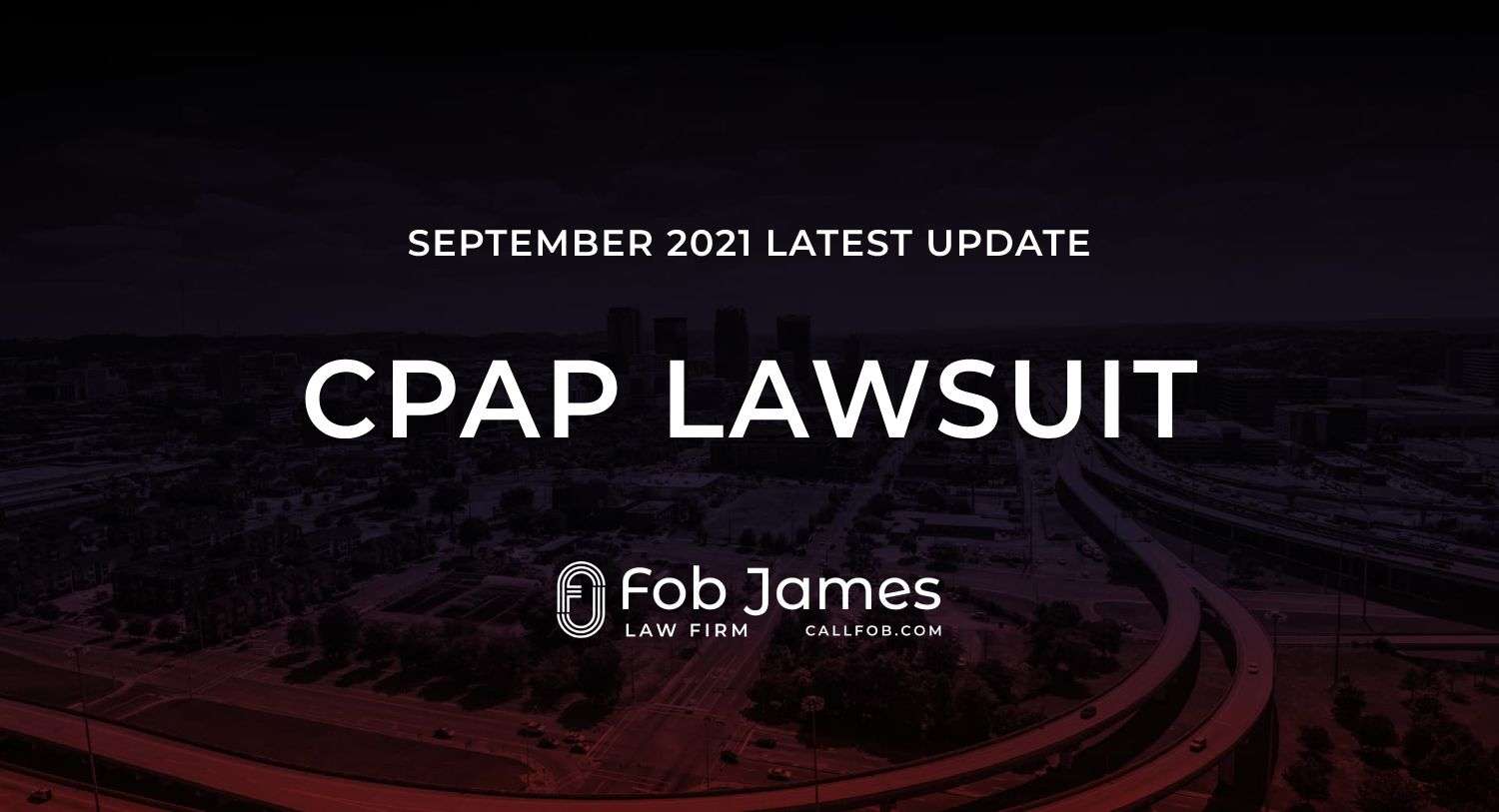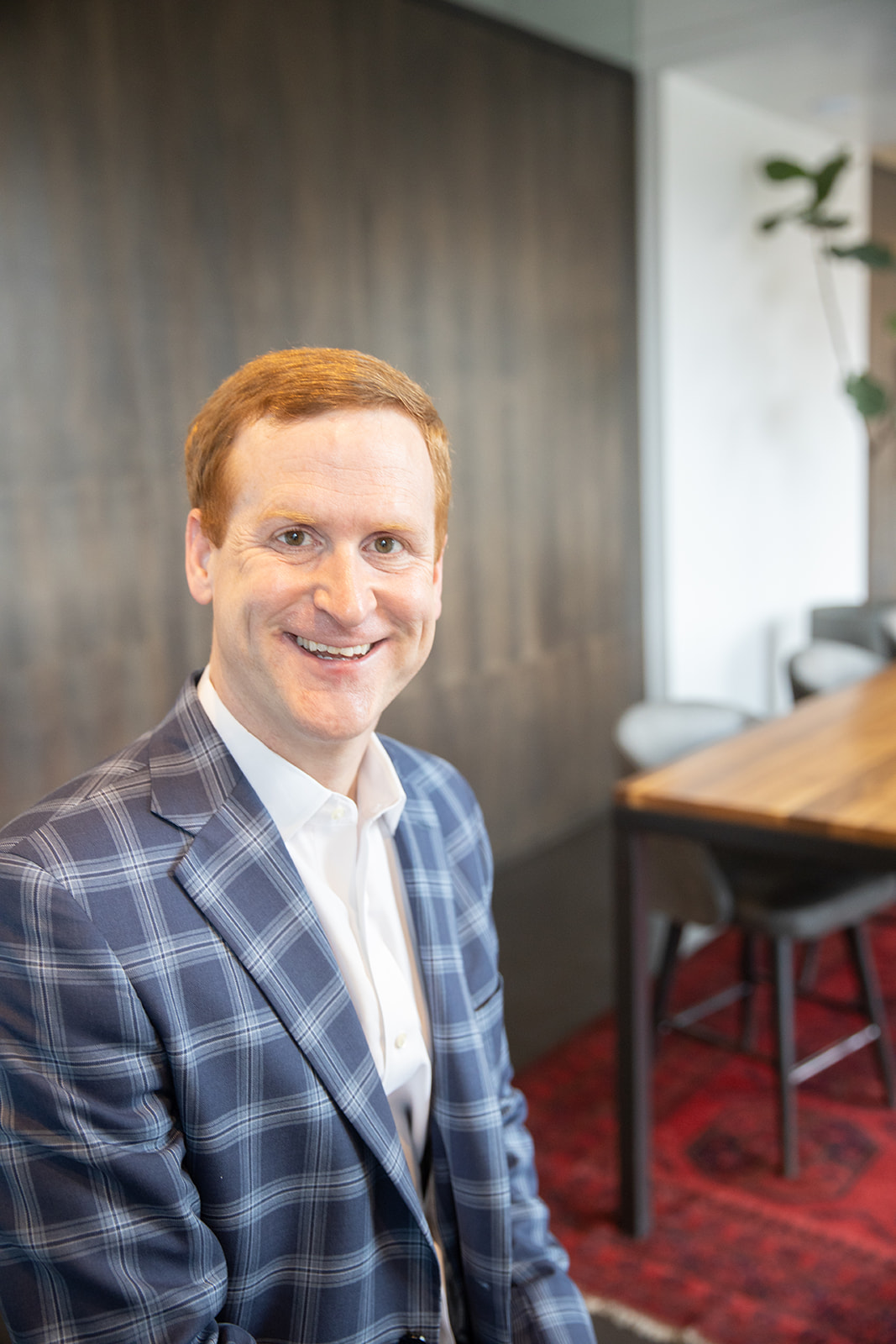
If you are on this web page, you are probably already aware of the pending class-action lawsuits against Philips over their recalled CPAP machines.
And if you are one of the countless individuals who suffered injury from one of the recalled products, you are probably considering joining one of the ongoing lawsuits.
To date, thousands of the nearly 18 million people who were affected by the recalls have joined CPAP lawsuit litigation.
Just this month, there was an update in the primary Philips CPAP recall lawsuit. If you are already part of the claim or want to file your own claim for a sleep device settlement, it’s important to remain aware of case updates.
CPAP Class-Action Lawsuit: Do I Qualify?
Before going into the recent update itself, let’s talk first about qualifying for the class action.
If you are interested in getting your own CPAP sleep device settlement, you need to establish yourself as a member of the class of people noted in the Philips CPAP recall lawsuit complaints. We will outline the options and requirements for the CPAP lawsuit below.
Essentially, you need to have used one of the recalled products for one of the noted conditions and suffered one or more of the specific injuries associated with the recall.
If you want to join the ongoing CPAP class-action lawsuit in question or want to sue for your own sleep device settlement, consult the following requirements.
They were set forth by a multi-district litigation panel (MPL) regarding the ongoing Philips CPAP litigation.
Individuals in the protected class should have:
- Used one of the following recalled Philips (Respironics) devices for one year or more, for the treatment of obstructive sleep apnea:
- Dreamstation (1st generation);
- Systemone;
- C-series;
- Omnilab Advanced Plus;
- Dorma 400;
- Dorma 500; or
- REMStar SE Auto; OR
- Used one of the following recalled Philips (Respironics) for one year or more, for the treatment of one or more respiratory conditions:
- Trilogy 100;
- Trilogy 200;
- Garbin Plus;
- Aeris; OR
- Lifevent; AND
- Developed one or more of the following medical conditions after using the noted recalled Philips (Respironics) products:
- Asthma;
- Lung cancer;
- Chronic respiratory illness;
- Kidney disease; or
- Kidney cancer; OR
- Saw your condition worsen after using the noted recalled Philips (Respironics) products for one year or more.
Essentially, to qualify, you need to show the following three things.
First, you must show that you used one of the covered products for a year or more.
Second, you must show that you used the product to treat one of the noted conditions.
And third, you must show that you developed one of the noted medical conditions or that your preexisting condition worsened after using the product for the specified period.
If you fulfill these requirements, you should qualify as a class member in one of the Philips CPAP class-action lawsuits.
If this is the case, you should get in touch with a product liability attorney and join the suit as soon as possible.
Unsure Whether Your Product is Covered?
While we have the list of the device names that the recall and class action covers, you might not know exactly what model of Philips CPAP machine you have.
If it isn’t covered by the recall, then your claim may have little chance of success. Luckily, Philips set up a sort of recall portal for you to use.
With the tool, you can input your device’s serial number to see whether it is covered. Furthermore, if you sign up or register for the tool, Philips can keep you up to date on any future product recalls.
If your specific device is not one of the recalled items, you may still have an individual claim against Philips.
So if you don’t see your device recalled but still suffered damage due to a Philips CPAP product, call us at Fob James Law Firm as soon as possible so we can assess your claim.
The Latest CPAP Class-Action Lawsuit Update: December 2022
Now we can discuss the most recent update to the case. Essentially, the class action panel that determines who qualifies came out with guidelines on who can sue in this particular class-action claim.
In other words, the panel has specified who qualifies as a member of the protected class. And their findings are exactly what was outlined in the “Do I Qualify?” section above.
Thus, if you meet these criteria, you can join the ongoing class action. If you are unsure about if you meet the criteria for a claim, please give Fob James Law Firm a call to see what your options are.
Court Updates
On Sept. 30, 2021, the United States Judicial Panel on Multidistrict Litigation (JPML) heard arguments for centralizing 32 Philips CPAP lawsuits in multidistrict litigation (MDL) in the United States District Court for the Eastern District of Pennsylvania, or in the alternative, the Western District of Pennsylvania.
On October 8, 2021, the JPML entered a transfer order that transferred all CPAP lawsuits to the Western District of Pennsylvanian. This means that the MDL proceedings will be heard by the Federal District Court for the Western District of Pennsylvania.
The first pretrial status conference is set for December 8, 2021.
Ready to File Your Philips CPAP Recall Lawsuit Claim?
Whether you are ready to file a Philips CPAP recall lawsuit claim through an ongoing class-action lawsuit or want to file an individual claim, the product liability team at Fob James Law Firm can help you out.
We know that you need a lawyer you can trust. At Fob James Law Firm, we make every effort to earn our clients’ trust by providing the most knowledgeable, professional, and compassionate legal representation we can.
Let us see what we can do for your case. Call Fob James Law Firm for a free case review today!
Click here to contact our Georgia CPAP lawyers.
